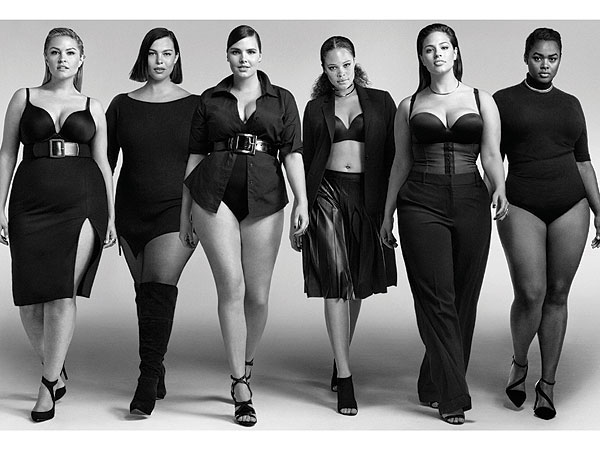
The increasing use of plus-sized models in advertising campaigns may be contributing to growing rates of obesity, a new study from Simon Fraser University’s Beedie School of Business suggests.
The study, published by the American Marketing Association’s Journal of Public Policy & Marketing, found that as advertising campaigns increasingly use fewer images of models that are underweight and aesthetically flawless–instead utilizing non-traditional models with larger body types–the tactic can have a detrimental effect on the public’s lifestyle and eating behavior.
The paper, “The (ironic) dove effect: Usage of acceptance cues for larger body types increases unhealthy behaviors” was co-authored by Brent McFerran, assistant professor at the Beedie School of Business, and Lily Lin, assistant professor at College of Business & Economics at California State University.
The researchers conducted five experiments to see how subjects would react to cues suggesting that obesity was acceptable.
In each instance the subjects displayed a greater intended or actual consumption of unhealthy food and a reduced motivation to engage in a healthier lifestyle, driven by an increased belief that obesity was more socially acceptable.
The study’s authors posit that efforts to increase acceptance are resulting in increasing the amount of thought consumers put into their appearance and heightening body anxiety — ironically the opposite of what many of these marketing campaigns are trying to achieve.
The findings have implications for both public policy makers and advertisers. The researchers advise both to be mindful of how individuals’ bodies are portrayed in the media, and develop new strategies that don’t focus on suggesting any shape is “good” or “bad.”
“Although this study demonstrates that accepting larger bodies results is associated with negative consequences, research also shows that ‘fat-shaming’ -or stigmatizing such bodies — fails to improve motivation to lose weight,” says study co-author Brent McFerran.
“Since neither accepting nor stigmatizing larger bodies achieves the desired results, it would be beneficial for marketers and policy makers to instead find a middle ground — using images of people with a healthy weight, and more importantly, refraining from drawing attention to the body size issue entirely.”
The study done by Simon Fraser University.